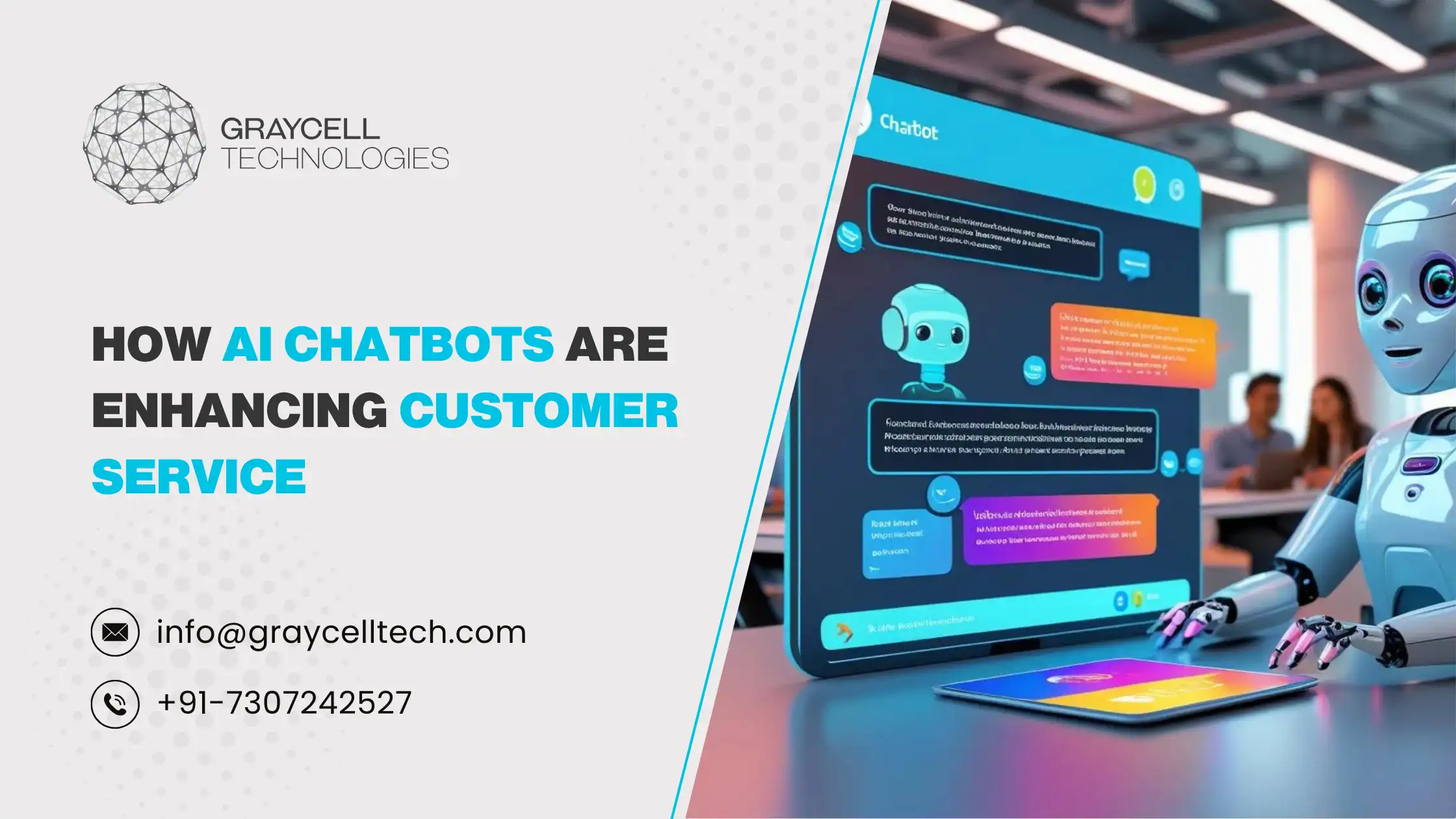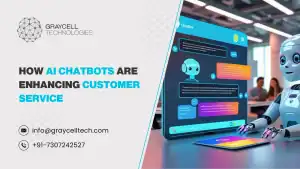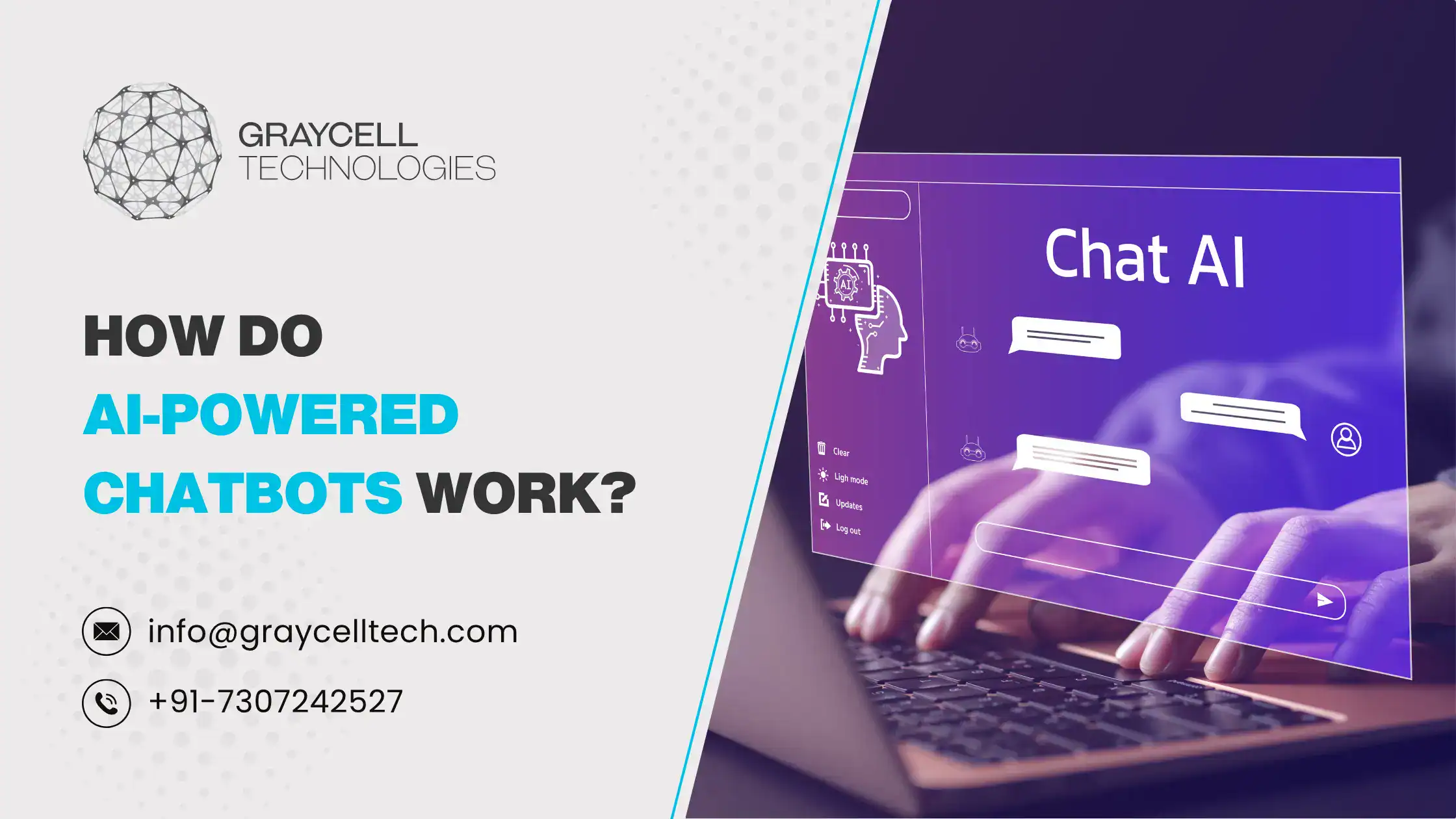AI chatbots in customer service are no longer just a fancy add-on. Today, they’re central to how businesses support their customers. Fast replies, smart answers, and around-the-clock help are just some of the things these AI-powered chatbots offer.
Why AI Chatbots Matter Today
Customer expectations are higher than ever. People want quick, reliable, and personalized support—without waiting hours for a reply. Because of this, companies are increasingly turning to AI chatbots to enhance their customer service experience.
In the following sections, let’s explore how chatbots are improving customer support and why more businesses are relying on them.
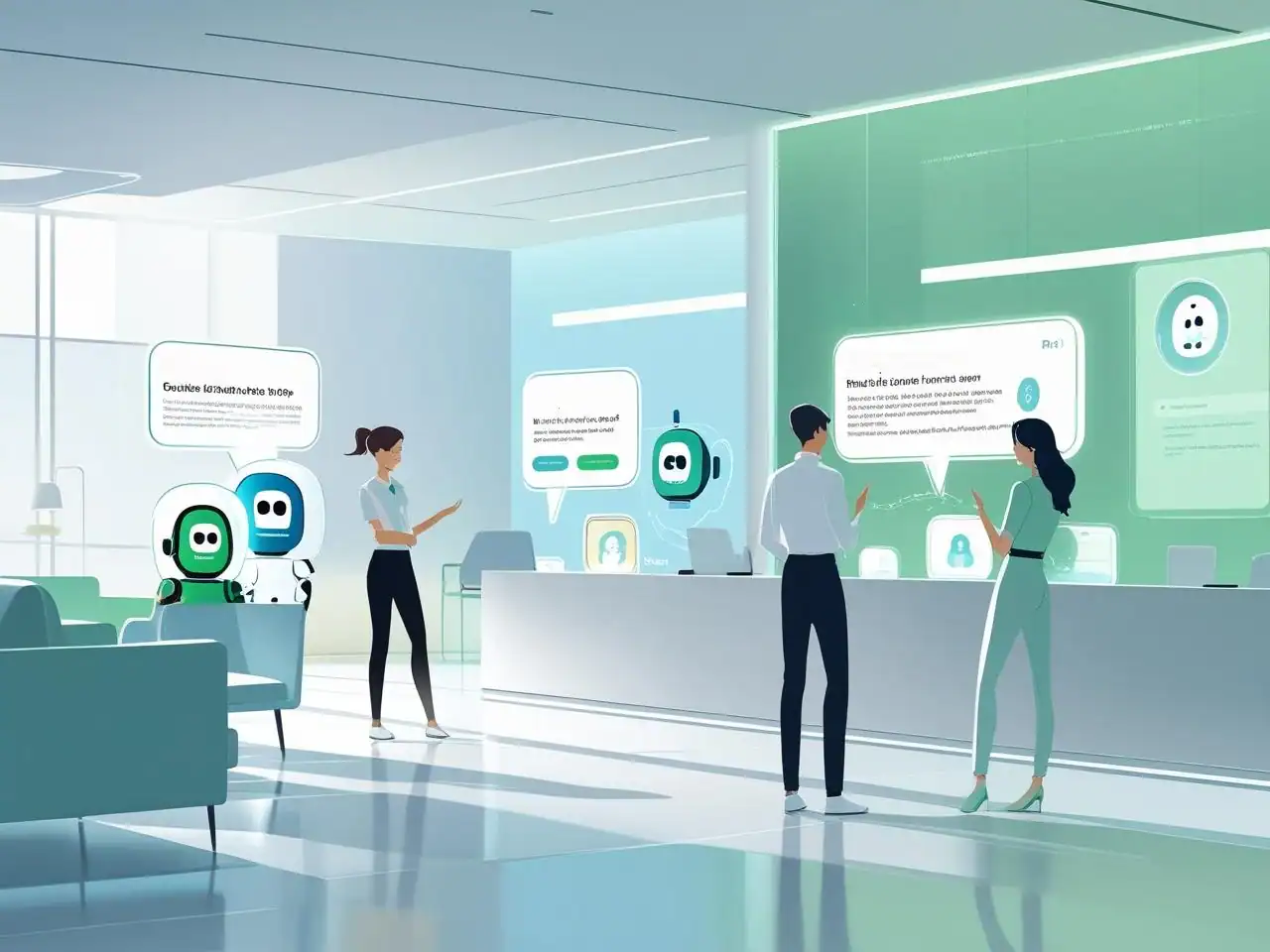
1. Instant Help, Without the Wait
No one likes waiting for an email reply or sitting through hold music. AI customer support chatbots now respond in seconds and can handle everything from order questions to returns to product details.
Moreover, these bots are smarter thanks to generative AI and improved Natural Language Processing (NLP). As a result, they understand how people speak and what they actually mean, not just keywords. This leads to smoother, more human-like conversations that don’t feel robotic.
2. Always Available, No Breaks Needed
Unlike human agents, AI-powered chatbots don’t sleep, take lunch breaks, or go on vacation. Consequently, customers can get help 24/7, no matter the time zone.
Routine tasks like answering FAQs or checking delivery status are handled automatically. Therefore, human agents are free to manage more complicated or sensitive issues.
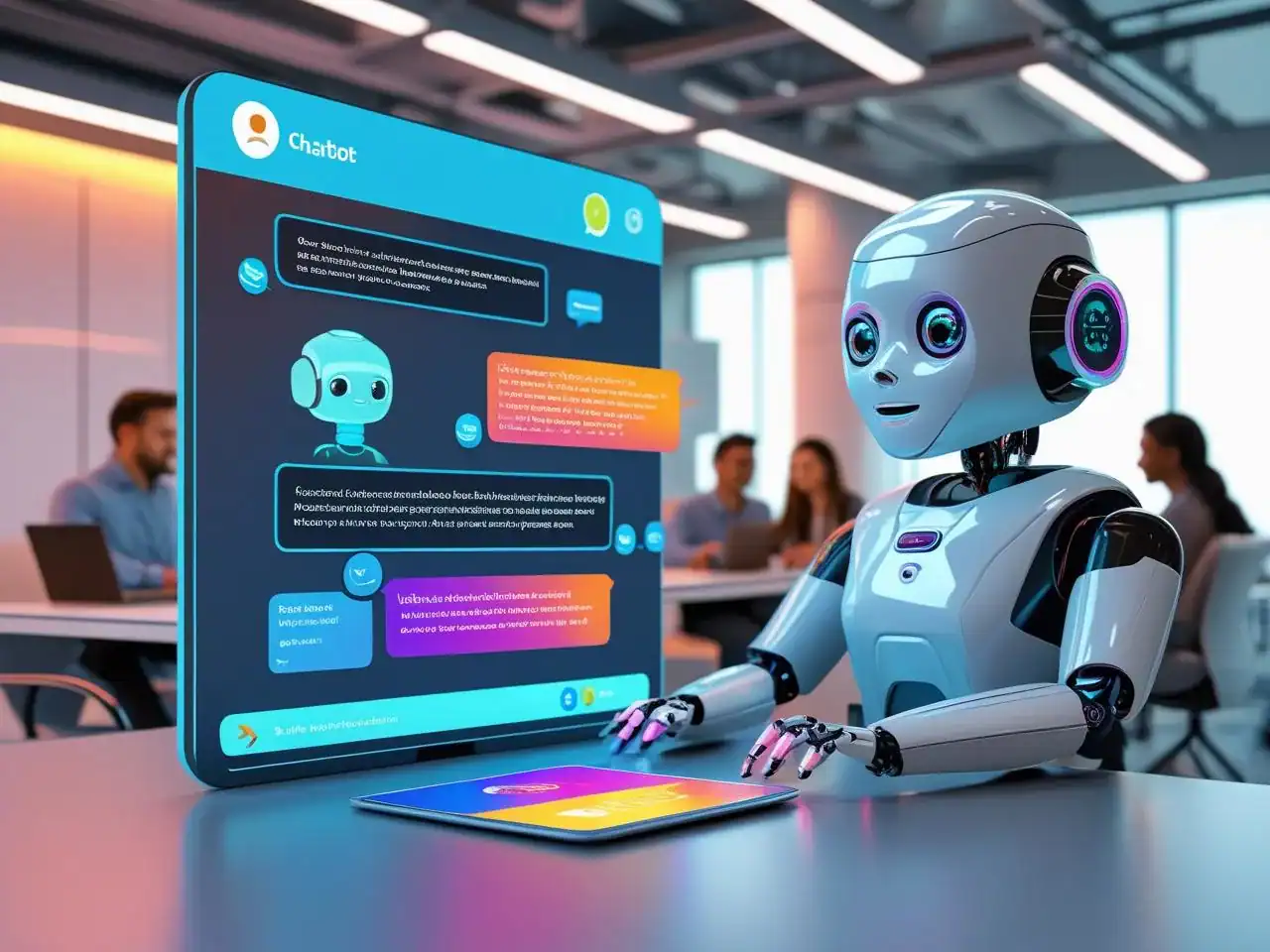
3. Support That Feels Personal
Personalization has taken a leap in 2025. Thanks to data and AI, chatbots now recognize repeat customers, remember past issues, and offer recommendations that feel tailor-made.
In addition, conversational AI tools tap into customer history and preferences to provide replies that actually make sense. It’s not just about speed anymore—it’s about delivering a more thoughtful and personal experience.
4. Lower Costs, Higher Efficiency
Customer support used to grow slowly because hiring and training new staff takes time. That’s no longer the case.
With AI-driven interactions, businesses can now scale more quickly. For example, a single chatbot can handle thousands of conversations a day. This means lower costs and more consistent service. Human agents still play a key role, but their workload becomes more focused and less repetitive.
5. One Bot, Many Channels
Customers today reach out in different ways through websites, mobile apps, WhatsApp, Instagram, and more. Omnichannel AI chatbots now handle all of that without missing a beat.
The same chatbot can reply across platforms, keeping the conversation going wherever the customer is. Furthermore, with multilingual support, it’s easier than ever to connect with global users without building separate support teams.
6. Smarter Feedback Loops
Every time a chatbot chats with a customer, it collects useful data. Importantly, these bots don’t just talk, they learn.
As a result, businesses use NLP-based customer service bots to understand trends, spot common problems, and gather real-time feedback. This helps improve products, fix recurring issues, and fine-tune the overall customer experience.
AI chatbots not only enhance user experience but also enable companies to make informed decisions based on actual customer interactions, rather than relying solely on surveys.
Final Thoughts
AI chatbots in customer service are doing more than just answering questions; they’re changing the game. Businesses get faster, smarter, and more scalable support systems. Customers get quick replies, personalized help, and 24/7 access.
The best part is that AI chatbots help humans rather than replace them. Moreover, the future of support is about blending technology with empathy. As a result, chatbots can handle routine tasks while real people focus on solving big problems and building trust.
How AI is transforming customer service in 2025 shows us that technology, when used right, can bring businesses and people closer together without losing the human touch.
FAQs
Q1. Will AI chatbots replace human customer service agents?
Not entirely. AI chatbots handle routine queries quickly, but human agents are still essential for complex, sensitive, or emotionally nuanced issues. The future is about collaboration, not replacement.
Q2. How do AI chatbots provide personalized customer support?
They use customer data, such as purchase history, past interactions, and preferences, to tailor responses. This allows them to remember previous issues and suggest relevant solutions or products.
Q3. Are AI chatbots secure for handling sensitive information?
Yes, when implemented with proper encryption, compliance with data protection laws (like GDPR), and secure integrations. Businesses should choose chatbot providers with strong privacy policies.
